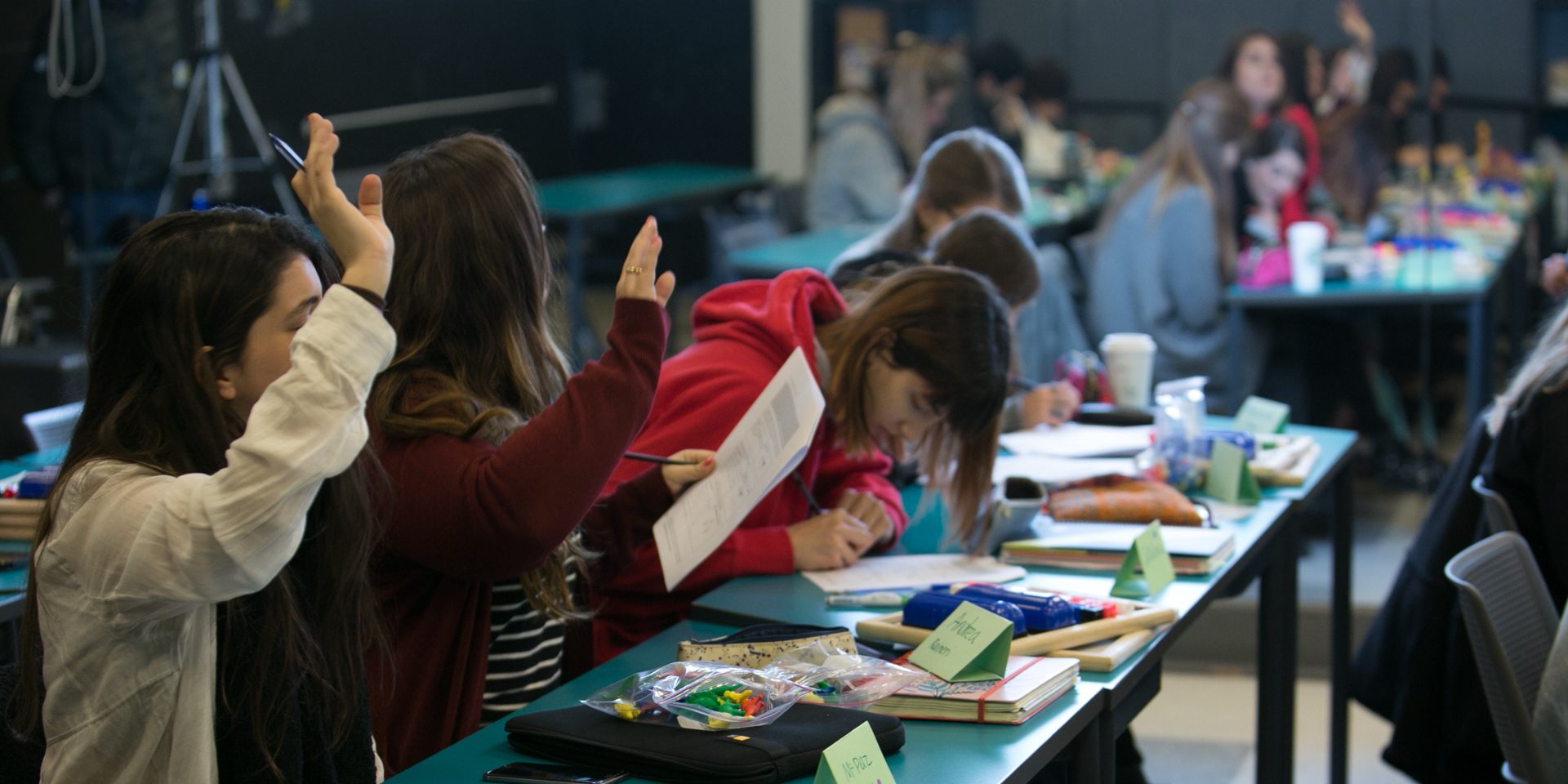
If you have ever struggled in English class trying to learn new words or understanding some complex grammar, you might want to try a method that is different from the traditional memorizing word lists or completing sentences with the correct verb tense. You could try creating language from scratch.
So, for instance, if you really need to acquire irregular past tenses in English, you can write or recite lots of sentences about what you did yesterday, last week or last summer using the verbs you find most difficult. Some added difficulty to this would be to also describe what happened to other people around you.
Some studies have shown that people who manipulate meaning when trying to learn a new language improved the quality of their learning and the acquired items lasted longer in memory, in contrast to students who study by rote learning or completed grammar exercises. (Willoughby et al., 1994; Brancroft 2002, Coomber et al., 1986).
The theory behind this, claims that when we produce language we engage in deep elaborative cognitive processing, that is, we think deeply about meaning. We do not only respond to mechanical drills with language but rather we manipulate it in a context we know for a meaningful purpose.
This “deep thinking technique” has a foundation on the Levels of Processing model by Craik and Lockhart (1972). According to them, deep processing, that is, semantic manipulation of language leads to longer-term memory and thus better quality learning. But how can we have a “deep thinking” about the things we are trying to learn? How can I relate to this things? Well, Craik and Lockhart propose the process of “elaboration” which involves a deep analysis of target contents. Examples of elaboration can go from understanding the meaning of new words, linking it with previous knowledge or experiences or producing language. On this token, authors such as Schmeck (1991) have taken this even further claiming that Elaborative processing involves self-reference, essentially encoding new information in terms of personal metaphor and personal vocabulary.
So what better way to elaborate when learning English than to think about your own experiences and manipulate this beautiful language by putting your thoughts and memories into words?